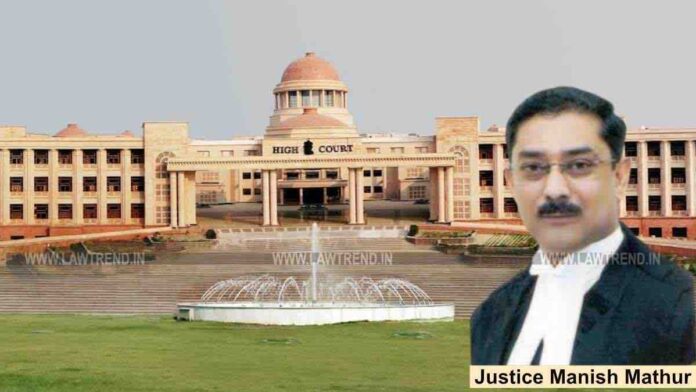In a significant judgment, the Allahabad High Court, Lucknow Bench, restored the family pension of Smt. Chandrakanti Devi, ruling that beneficial provisions must be interpreted broadly to serve their intended purpose. The judgment, delivered by Justice Manish Mathur, quashed the State’s order withdrawing the family pension granted to the petitioner in 2007. Background of the
To Read More Please Subscribe to VIP Membership for Unlimited Access to All the Articles, Download Available Copies of Judgments/Order, Acess to Central/State Bare Acts, Advertisement Free Content, Access to More than 4000 Legal Drafts( Readymade Editable Formats of Suits, Petitions, Writs, Legal Notices, Divorce Petitions, 138 Notices, Bail Applications etc.) in Hindi and English.




